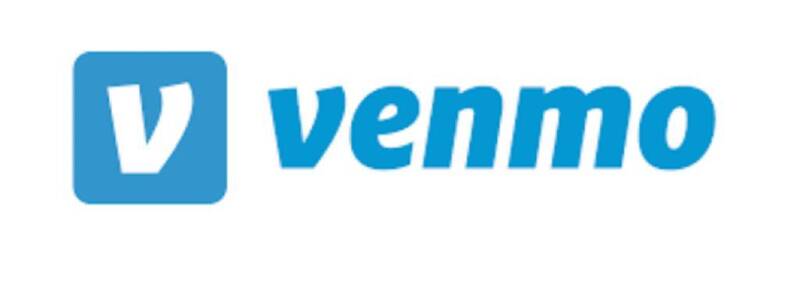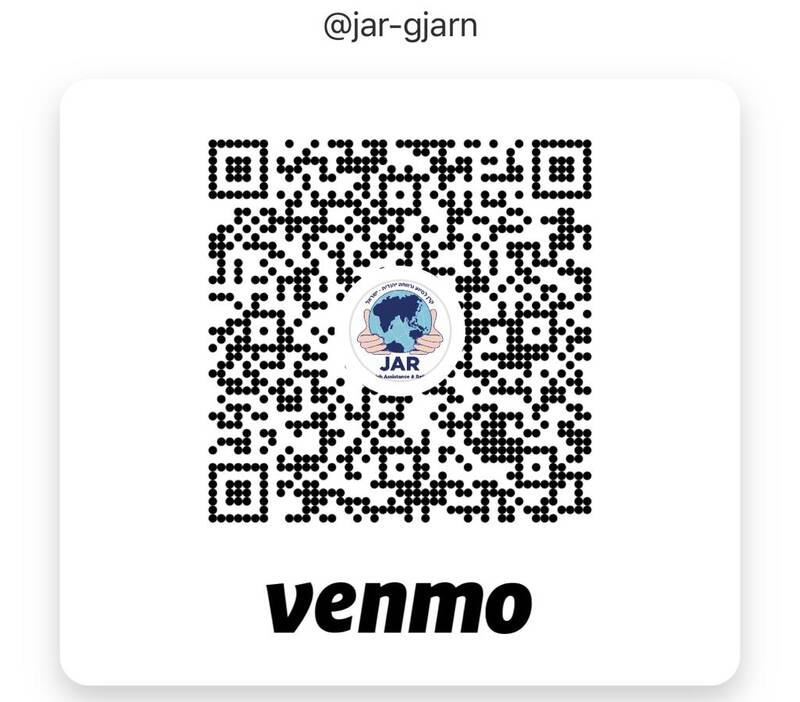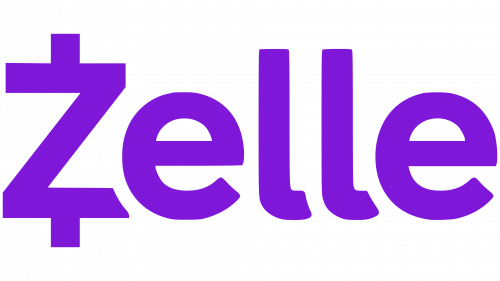-
Current Projects
- Support our brethren in Israel!
- Israel is at war and we desperately need your help!
- Come Help Us Make A Difference in ISRAEL!
- VIDEO FROM OUR VOLUNTEERS IN ISRAEL!
- Food Card for HOLOCAUST SURVIVORS in ISRAEL!
- Cong. Merkaz Sepharad (Brooklyn, NY)
- Beit Baruch Assisted Living Center for the Jewish Elderly - Dnepropetrovsk, Ukraine
- Angola
- Jewish Revival in Central Africa
- Ghana
- Ezrat Chana Baby Fund (New York)
- General Information
- Endorsement Letters
-
Past Projects
- High Holidays Campaign for ISRAEL
- CHAG HASHAVOUT
- PESACH 'Maot Chittim'
- 2025 Matanot Levyonim on Purim day
- Chanukah in ISRAEL
- Goodbye to 2022 Fiscal year!
- Coalition for Disaster Relief
-
Return Of Jewish Communal Properties/Building Jewish Infrastructure (FSU)
- USDA Distributions
- Largest Network Of Free Soup Kitchens (FSU)
- American Jewish Medical Center (Ukraine)
- Free Pharmacy Clinics (FSU)
- The Democracy Rule Of Law Project (Ukraine)
- Introducing New Legislation (Ukraine)
- Creation of Israel's First National Food Bank
- The Prescription For Life Program (Israel)
- Free Shipping Grants (FSU)
- Past Campaign
- Contact
-
About
- Mission
- Financials
- FAQ's
- Rabbi Eliezer (Lazer) Avtzon
- Emergency
-
Peru
- Argentina
- Jewish Revival in The Far East
- 25 Years of Accomplishments (Overview)
- Community Clothing Collections and Distributions
- Coalition For Disaster Relief (International)
- Nigeria
- Kinshasa, D.R.C.
- Support For The IDF
- Welfare To Work/Friendship Circle (Israel)
- A Warm Winter Program (Israel)
- Support For The IDF During The 2nd Lebanon War
- English Resource Library (Israel)
- Youth at Risk (Israel)
- Cuba
- Yemen
- The Chaim Eliezer Tefillin Project (Israel)
-
Blog
- Israeli Government Lauds THE FOOD CARD
- Poverty in the Land of Milk and Honey
- More than 90% of food assistance recipients in Israel would prefer the FOOD CARD
- What do all these organizations have in common?
- Only 7% of Israelis want to receive food from a food distribution center and Only 1% are happy to go to soup kitchen!
- The baby's vision is hopefully restored, the parents now need our help
- Understanding the Controversy Over Minister Kachlon's Recent Comments
- Rabbi's weekly Torah thought
- Community Events
- Get Involved
Creation of Israel's First National Food Bank
Creation of Israel's First National Food Bank
 After working in the Former Soviet Union for over 10 years and after reading the yearly increases in poverty statistics from Israel, GJARN came to Israel in 2000 to provide meaningful programs that did not exist before and would be a catalyst for true changes in social welfare.
After working in the Former Soviet Union for over 10 years and after reading the yearly increases in poverty statistics from Israel, GJARN came to Israel in 2000 to provide meaningful programs that did not exist before and would be a catalyst for true changes in social welfare.
While Soup Kitchens were very popular in the FSU and many of them exisited already in Israel, our research indicated that the level of poverty in Israel was not the same as in the FSU or Africa. Most people had jobs, were hard working families and a Soup Kitchen would be beneath their dignity..
We saw that those coming to the Soup Kitchens in Israel were primarily new immigrants from the FSU who were already accustomed to this type of food assistance and the very old and needy people, who come to the Kitchens more for company and venue to meet other people, even more than the food itself.
We looked into initiating programs such as "Meals on Wheels: but realized the logistical expense of doing this on a national scale would be prohibitive, so we decided instead to focus our efforts in creating Israel's first National Food Bank,
There were several impediments in doing this, primarily since Israel has yet to pass legislation similar to the "Good Samaritan Law" and/or the "Bill Emerson Food Act" which protects donors from lawuits that could arise from the distribution of foods that spoiled, etc., and also that the current Tax laws in Israel do not allow for donations of surplus or close to expiration food items to be counted as a taxable deduction.
Yet, we forged ahead and for over four years, that was our main focus. Hundreds of companies donated their surplus food items to us and delivered it or arranged for us to have it picked up and delivered to our central warehouse in Ramla, from where we distributed these items to more than 170 local charitable institutions feeding the needy in their individual towns and regions.
GJARN initiated innovative and national programs to ensure that surplus foods from manufacturers, distributors, farmers and even the Israeli Army, were no longer destroyed and wasted, but given instead to organizations feeding the poor.
To this date, and even as the Israeli Army is reducing the number of its own Kitchens and buying prepared food instead from approved caterers based on actual number of soldiers on active duty at each base per day, the surplus foods being collected daily by local organizations near each base, feed close to 10,000 people daily!
Eventually, the need to build refigerated warehouses, open additional centralzied warehouses to cover the North and South, and the realizations that the bulk of donations are more of a luxury items that the basic food staples most poor families need, we changed directions and created THE FOOD CARD (originally known as "A Full Plate").
Fri, November 7 2025
16 Cheshvan 5786
Donate to your Choice Charity from the following programs!
*Israel is at war and we desperately need your help!
*Make Donation to Orphans and needy families in ISRAEL

@jar-gjarn

-
Please remit VENMO payment using the last 4 digits of this phone number: 3692
-
-
-

-
shlomo@globaljewish.org
Update this content.
Keep in Touch!
*Join Our Mailing List
A Thought for the Week
Shabbat Shalom
This new website was made possible with a special grant from the Braut family
in loving memory of Leibel ben Peretz Halevi a.k.a. Gary Victor Braut ob"m
May 9, 1947 - January 12, 2013
@2019 Global Jewish Assistance and Relief Network | info@gjarn.org |
Privacy Settings | Privacy Policy | Member Terms
©2025 All rights reserved. Find out more about ShulCloud






